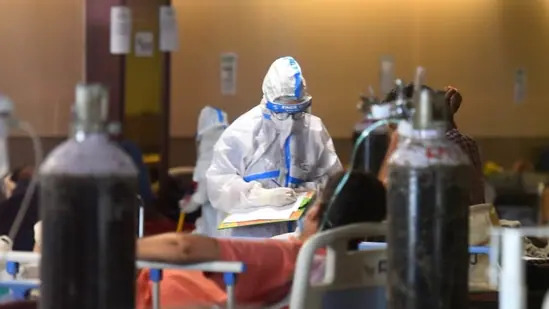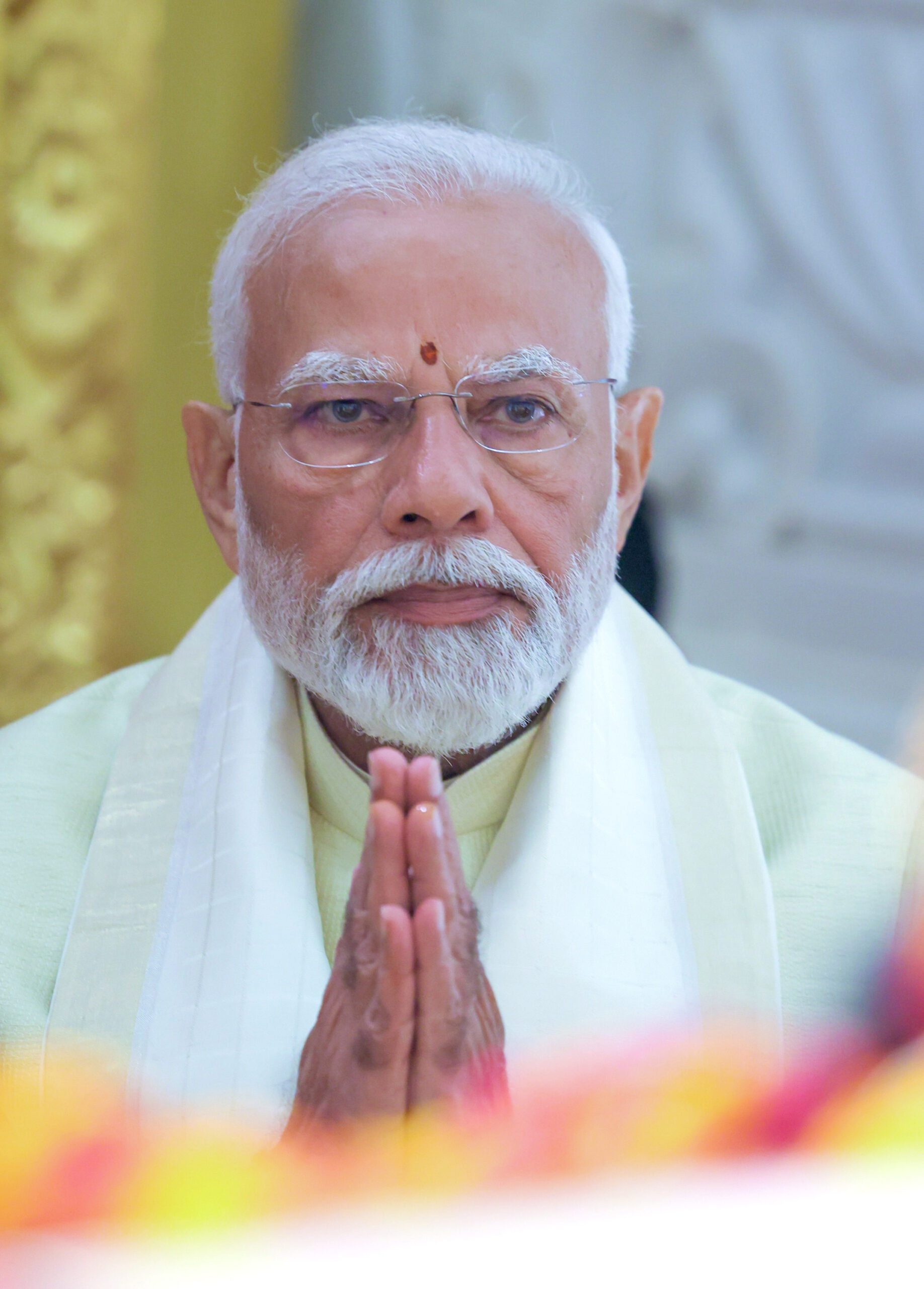
Despite a decrease in Covid-19 cases, hospitals have begun reporting an increase in mucormycosis, or black fungus, resulting in a shortage of antifungal medicines used to treat the infection.
At least 185 patients have been admitted to seven Delhi hospitals after contracting the fungal infection after being infected with Covid-19. Smaller facilities are referring their patients to larger public and private hospitals, including the All India Institute of Medical Sciences (AIIMS), which was treating 61 patients with the infection as of Wednesday, and Sir Ganga Ram hospital, which was treating 69.
AIIMS, which receives patients from all over the country, used to see only 12 to 15 cases of the rare infection per year.
Black fungus has been found primarily in people with uncontrolled diabetes, whose immunity has been compromised, or in people who have received excessive steroids or immune-modulating drugs such as tocilizumab. Doctors believe that if left untreated, it could kill up to 80% of those infected. It affects the orbit of the eye and the mouth if not detected early, resulting in people losing their vision or jaw during debridement — the process of removing dead tissue from an infection or wound.
Doctors at Sir Ganga Ram Hospital reported a small increase in cases in December of last year, following the November surge in Covid-19 cases in the city. Ganga Ram reported ten cases in two weeks in December.
“We have seen almost 100 cases of the infection from May 7 or 8. Several smaller hospitals across the city are also referring patients to us,” said Dr Ajay Swaroop, head of the ENT department at Sir Ganga Ram hospital.
There were 25 patients admitted with the infection across Max hospitals in Delhi, including 15 at Indraprastha Apollo, 10 at Manipal Hospital, and at least three at Fortis (Vasant Kunj). On Wednesday, the Delhi government-run Lok Nayak hospital received its first case of black fungus.
“We currently have two patients who have been confirmed to have the infection and two others who are being tested to see if they have the infection. Cases were referred to us by small nursing homes. The overuse of steroids has contributed to an increase in mucormycosis cases, according to a senior doctor at Lok Nayak hospital.
Health minister Satyendar Jain on Wednesday said, “The treatment of the infection can be done only in hospitals, so the drug is directly being given to hospitals. Production is not too much, but we’ve asked for extra doses — we have asked for one lakh doses of the medicine.”









